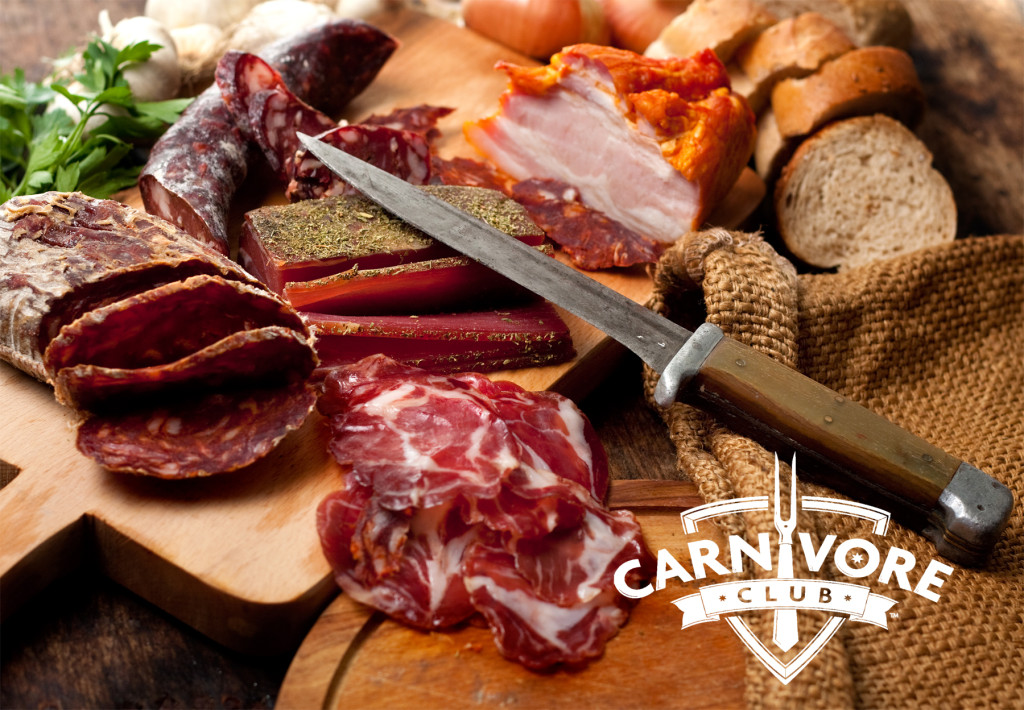A reader Alexander Lawrie sent me this story and I thought it made an excellent example of male supremacy and gender policing as a barrier to advancing the interests of women and other animals. A Scottish newspaper reported that a woman who had ordered a menu item made vegan at a restaurant was mocked by staff. Her receipt read: “Vegan Vegan Vegan Pussy.” The restaurant added insult to injury when they also mocked the woman on their Facebook page
But it doesn’t end there! The newspaper covering the story actually found the woman’s Facebook page and printed her profile picture along with her full name and place of work. The additional harassment that followed was severe enough for the paper to moderate comments and remove her photo.
The incident is saturated with misogyny. Had the victim been male, I expect the reaction would have been similar, though probably with the addition of homophobia. Under a patriarchy, the domination of others and the consumption of meat is highly masculinized. Veganism has been feminized not only because vegans are more likely to be women, but also because veganism represents the interests of those who are subjugated to male oppression. Veganism fights the patriarchy.
We shouldn’t be surprised that a company that profits from Nonhuman Animal exploitation used a speciesist and sexist insult to belittle the woman, nor should we be surprised that the media (which generally exists to protect and reproduce elite interests) only made things worse. But why was the waitress in on it, too?
In Female Chauvinist Pigs: Women in the Rise of Raunch Culture (Pardon the speciesist title), Ariel Levy explains that the popularity of “post-feminism” really represents a patriarchal co-optation of woman-centric anti-oppression ideology. Women are put in competition with one another as they vie for men’s favor. In a world where maleness is equated with prestige and power, it is often in women’s interests to abandon feminine ties and appeal to masculinity instead. Deniz Kandiyoti (1988) calls this patriarchal bargaining. To cope in a world that is hostile to all things feminine, the waitress was looking out for her interests by supporting male values and trashing on the vegan diner.
Of course, this means that men themselves are under enormous pressure to conform to these masculine values. This commercial for the “Carnivore Club” seeks to reassert male control, male intelligence, and male superiority in the face of encroaching feminine values.
This commercial plays on many stereotypes of veganism: It is for women; it is emasculating, flavorless, and fastidiously healthy. For men, joining the Carnivore Club promises to protect their dominance, their control over nature, and even their virility (though consuming Nonhuman Animal products is linked to a litany of life-threatening diseases including cardiovascular problems and diabetes, which are leading causes of erectile dysfunction).
Framing this product as a “club” is intentional. The advertisers are hoping to draw on masculinity as a members-only, exclusive space for men who are “in the know.” Like Fortune 500 CEOs, legislative bodies, media executives, and other boys-only spaces of male privilege, the Carnivore Club invites men to join the ranks of the masculine elite in their rule over the vulnerable. Indeed, one cannot even access their website without a “member login.” Notice also the familiar “silly clueless wife” trope so often utilized in commercials, programs, and film. Women are just too incompetent to realize what their mentally superior male partners are up to.
This is toxic masculinity. Not only are men encouraged to indulge in dietary behaviors that will cause them illness and death, but women are also encouraged to reject veganism as they strategize for survival in an anti-feminist patriarchy. And, lest we forget, the biggest losers are the Nonhuman Animals whose oppression is naturalized and whose advocates are mocked, harassed, and silenced.
 Dr. Wrenn is Lecturer of Sociology. She received her Ph.D. in Sociology with Colorado State University in 2016. She received her M.S. in Sociology in 2008 and her B.A. in Political Science in 2005, both from Virginia Tech. She was awarded Exemplary Diversity Scholar, 2016 by the University of Michigan’s National Center for Institutional Diversity. She served as council member with the American Sociological Association’s Animals & Society section (2013-2016) and was elected Chair in 2018. She serves as Book Review Editor to Society & Animals and has contributed to the Human-Animal Studies Images and Cinema blogs for the Animals and Society Institute. She has been published in several peer-reviewed academic journals including the Journal of Gender Studies, Feminist Media Studies, Disability & Society, Food, Culture & Society, and Society & Animals. In July 2013, she founded the Vegan Feminist Network, an academic-activist project engaging intersectional social justice praxis. She is the author of A Rational Approach to Animal Rights: Extensions in Abolitionist Theory (Palgrave MacMillan 2016).
Dr. Wrenn is Lecturer of Sociology. She received her Ph.D. in Sociology with Colorado State University in 2016. She received her M.S. in Sociology in 2008 and her B.A. in Political Science in 2005, both from Virginia Tech. She was awarded Exemplary Diversity Scholar, 2016 by the University of Michigan’s National Center for Institutional Diversity. She served as council member with the American Sociological Association’s Animals & Society section (2013-2016) and was elected Chair in 2018. She serves as Book Review Editor to Society & Animals and has contributed to the Human-Animal Studies Images and Cinema blogs for the Animals and Society Institute. She has been published in several peer-reviewed academic journals including the Journal of Gender Studies, Feminist Media Studies, Disability & Society, Food, Culture & Society, and Society & Animals. In July 2013, she founded the Vegan Feminist Network, an academic-activist project engaging intersectional social justice praxis. She is the author of A Rational Approach to Animal Rights: Extensions in Abolitionist Theory (Palgrave MacMillan 2016).
Receive research updates straight to your inbox by subscribing to my newsletter.

